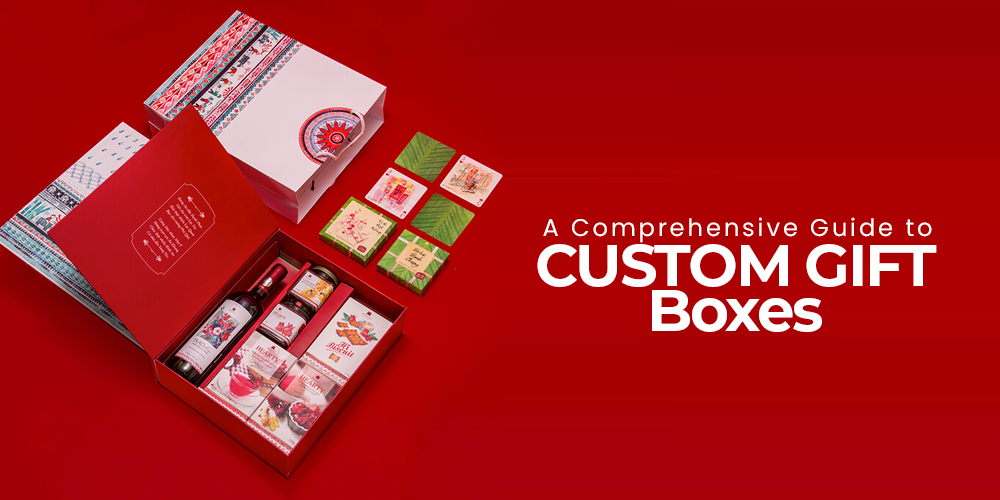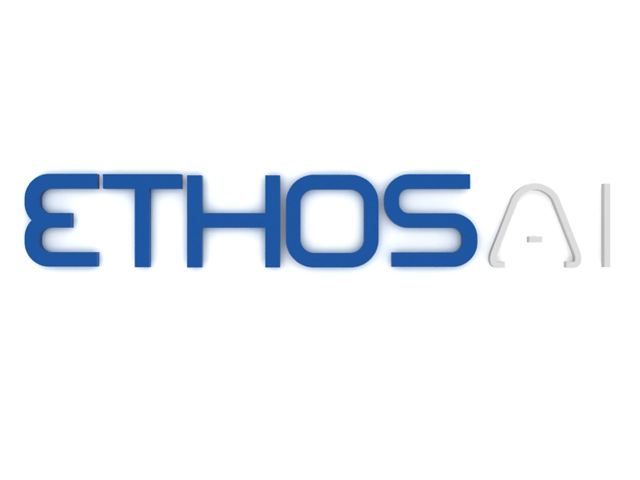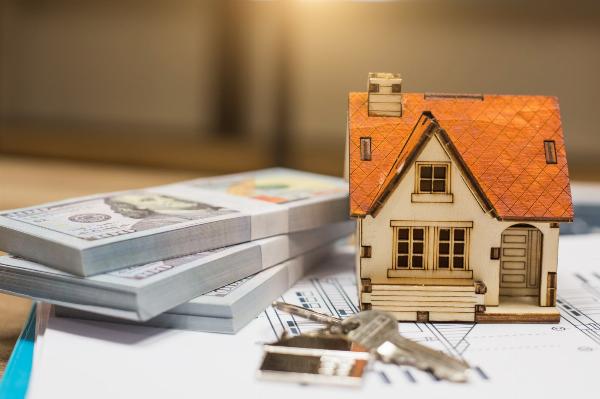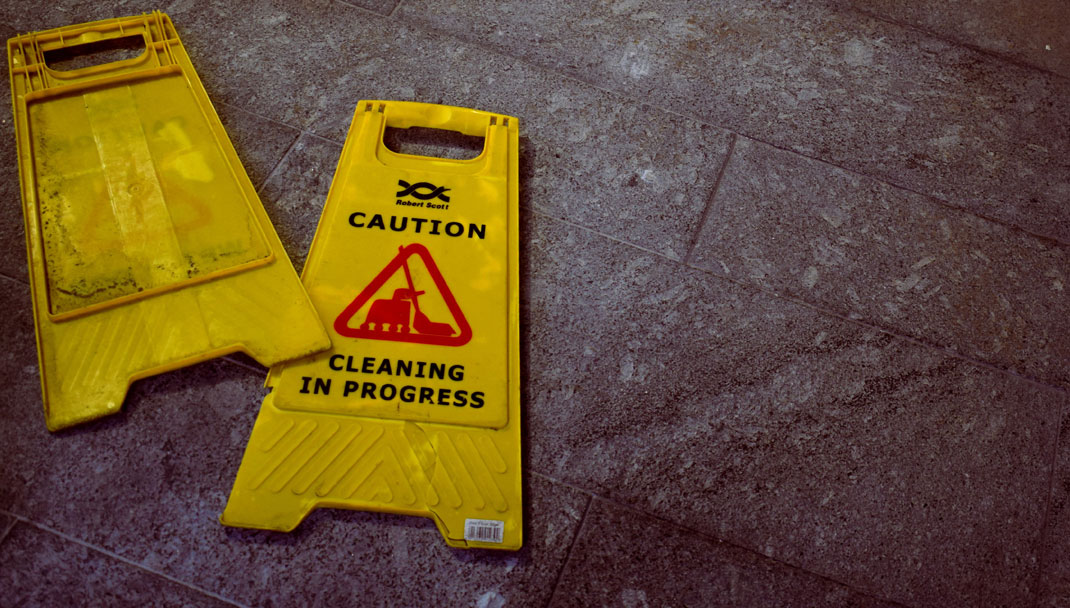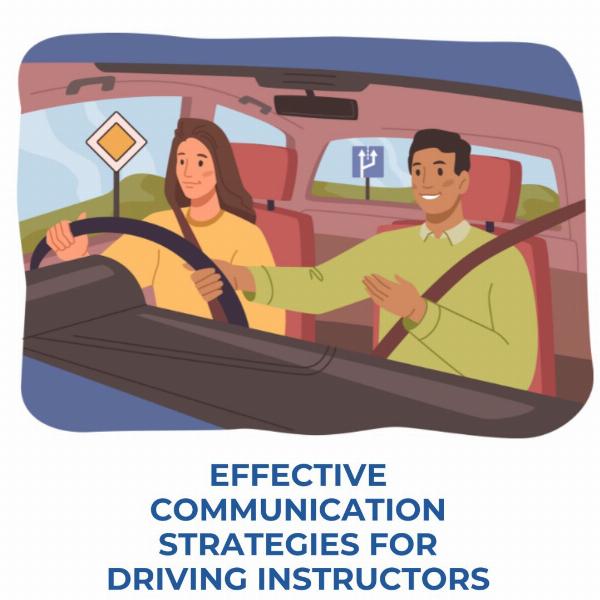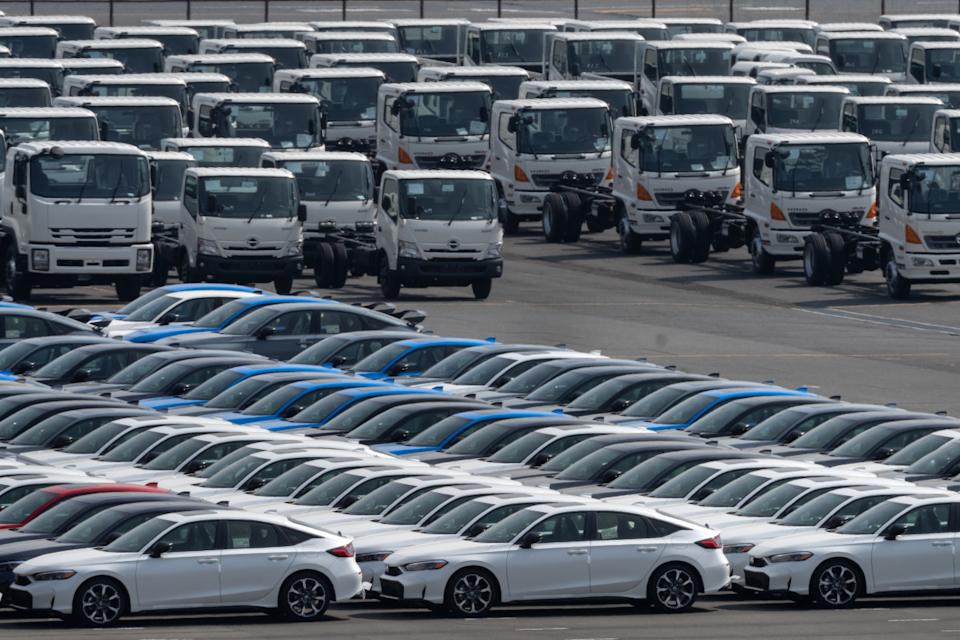
Why Trump Called Japan’s Auto Trade With the U.S. ‘Unfair’ originally appeared on Autoblog.
Japan and the U.S. don’t appear closer to an auto tariff deal
President Trump has labeled Japan as engaging in unfair auto trade with the U.S., while also suggesting that Japan should narrow its trade deficit by increasing its imports of American energy resources and other goods. On Sunday, Trump said: “They won’t take our cars, and yet we take millions and millions of their cars into the United States. It’s not fair, and I explained that to Japan, and they understand it,” Reuters reports. Trump added: “We have a big deficit with Japan, and they understand that too. Now we have oil. They could take a lot of oil, they could take a lot of other things.”
Japan is working to strike a deal with the U.S. to lower auto tariffs and levies on other goods such as steel and aluminum before Trump’s July 9 deadline, when the 90-day pause on broad U.S. tariffs expires. The auto sector represented approximately 28% of the total 21 trillion yen ($145 billion) worth of goods Japan exported to the U.S. last year, and Trump will likely maintain 25% tariffs on Japan’s vehicle exports after the 90-day pause. Japan and the U.S. agreed to continue talks after Trump’s comments aired Sunday on Fox. The most recent discussions between Japan and the U.S. were the two countries’ seventh round of negotiations.
 Vehicles awaiting shipment parked at a port in Yokohama, JapanGetty
Vehicles awaiting shipment parked at a port in Yokohama, JapanGettyIn 2024, Japan’s trade surplus with the U.S. stood at $59.3 billion, with vehicles and auto parts accounting for roughly 82% of the gap, according to Bloomberg. Japan’s deficit with the U.S. is also the seventh-largest among Washington’s trading partners. Tokyo’s top trade negotiator, Ryosei Akazawa, believes the U.S.’s auto tariffs are unacceptable, given that Japan’s auto industry has invested $60 billion in the U.S. economy and created 2.3 million local jobs. Trump also stated that countries charging tariffs of 35% or 40% on U.S. autos would receive the same treatment, up from 25%, Nikkei Asia reports.
Analysts have expressed concerns about U.S. autos expanding their presence in Japan
Japan doesn’t impose any tariffs on vehicle imports, and the U.S. doesn’t place tariffs on passenger cars imported into the U.S. through the U.S.-Mexico-Canada Agreement. The previous U.S. tariff rate on vehicle imports outside of the U.S.-Mexico-Canada Agreement was 2.5%. Trump has blamed non-tariff barriers, such as strict fuel economy regulations, for preventing the U.S. from thriving in Japan’s auto market. However, analysts have responded that adjusting to Japan’s right-hand drive and narrow streets makes expanding in Japan unfeasible for American car manufacturers. Martin Schulz, chief policy economist at Fujitsu’s Global Market Intelligence Unit, said: “What we may see is a framework of an agreement before July 9 with the details filled in later,” according to the South China Morning Post.
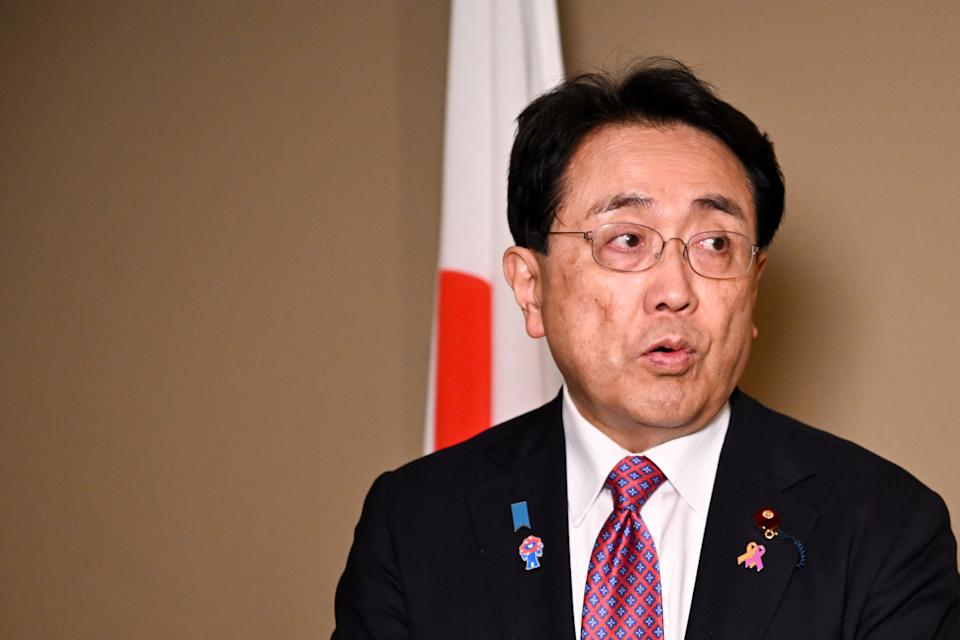 Ryosei Akazawa, Tokyo’s top trade negotiatorGetty
Ryosei Akazawa, Tokyo’s top trade negotiatorGettyFinal thoughts
Trump recently confirmed that he’s not planning on extending the July 9 deadline, placing Japan and many other countries under a significant time crunch to finalize deals. Instead of extending the deadline, Trump noted he’d rather send countries letters saying that negotiations are over, and that trading can continue if tariffs are paid. Trump said, “I’m going to send letters. I could send one to Japan: ‘Dear Mr. Japan, here’s the story. You’re going to pay a 25% tariff on your cars.’”
Why Trump Called Japan’s Auto Trade With the U.S. ‘Unfair’ first appeared on Autoblog on Jul 2, 2025
This story was originally reported by Autoblog on Jul 2, 2025, where it first appeared.

